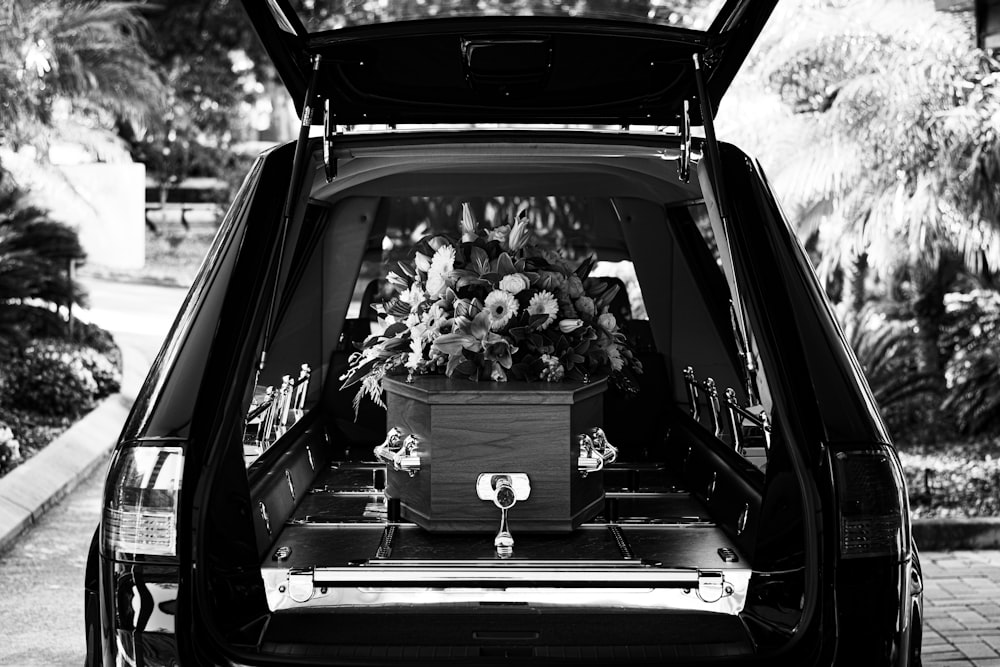There’s no escaping Covid-19, it seems. Even in the afterlife, its host body can preserve the virus, attacking you from the grave. Kissing your dead relative could be a one-way ticket to join them.
The people most likely to get exposed to the lingering dead person coronavirus are folks who work with those who’ve transitioned—medical examiners and health care workers—and those who are in places where these deaths often occur, like hospitals and nursing homes. According to the New York Times, there have been multiple studies that show traces of coronavirus can be found inside of corpses for up to 17 days after the time of death. In the United States, most dead bodies are embalmed, but in other places, it’s common for family members to wash and dress the deceased. Embalming helps slow the process of a body decaying and greatly reduces the risk of infection or disease spreading.
The Times reported that in 2020, the Japanese government advised family members to stay away from dead bodies and to cremate them within 24 hours. In May, the advice was loosened to viewing the remains of departed family members in an “appropriately infection-controlled hospital room."
The people most at risk are typically the people who are going to be the safest and frequently use PPE. Angela Rasmussen, a research scientist at the Vaccine and Infectious Disease Organization at the University of Saskatchewan in Canada, told NYT that “most people probably still need to worry a lot more about getting Covid from their living neighbors than their recently deceased ones,” but added that we “should be very cautious about physical contact with their loved ones’ remains."
In other words, if you stay ready, you won’t have to get ready.



